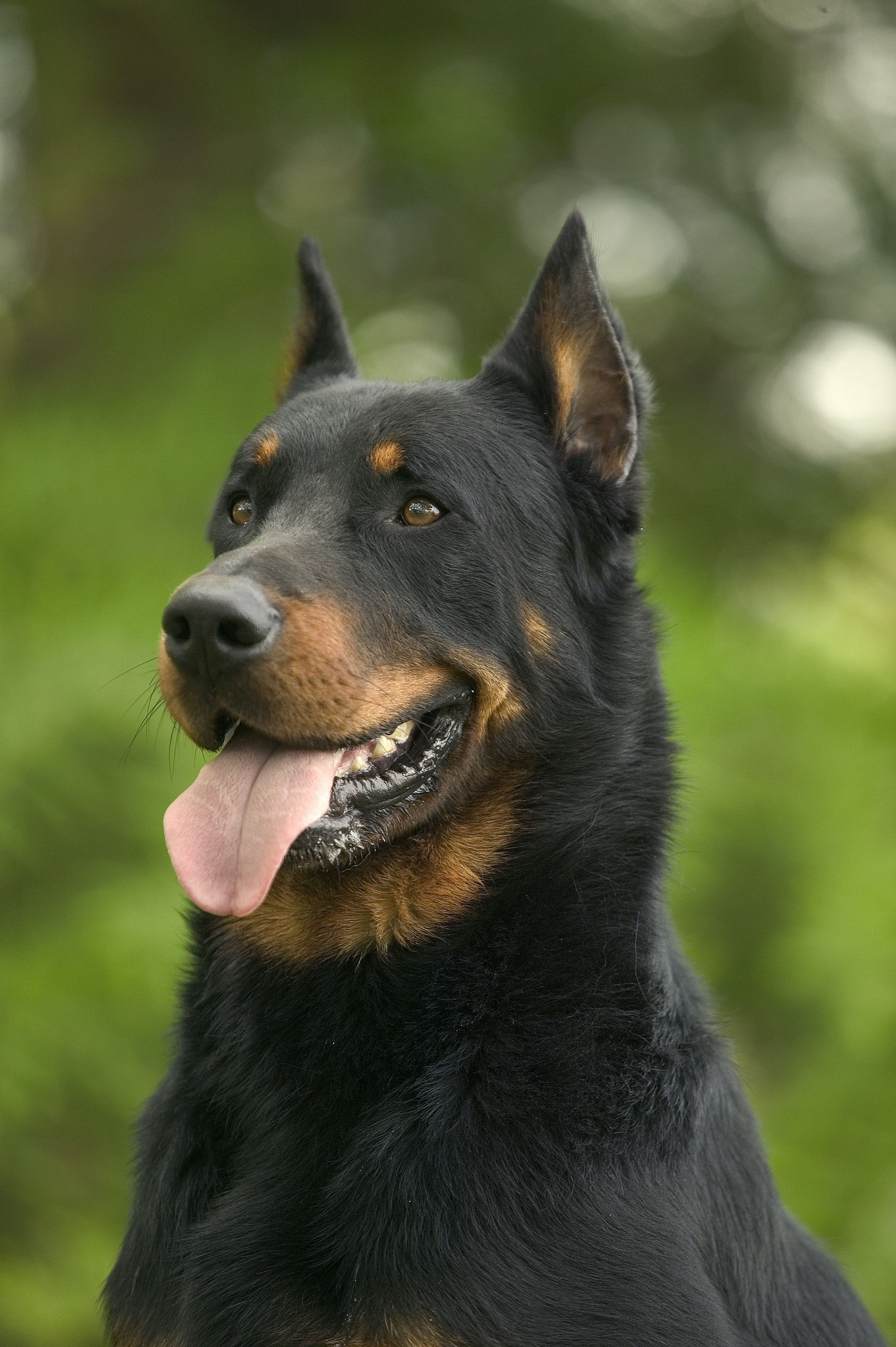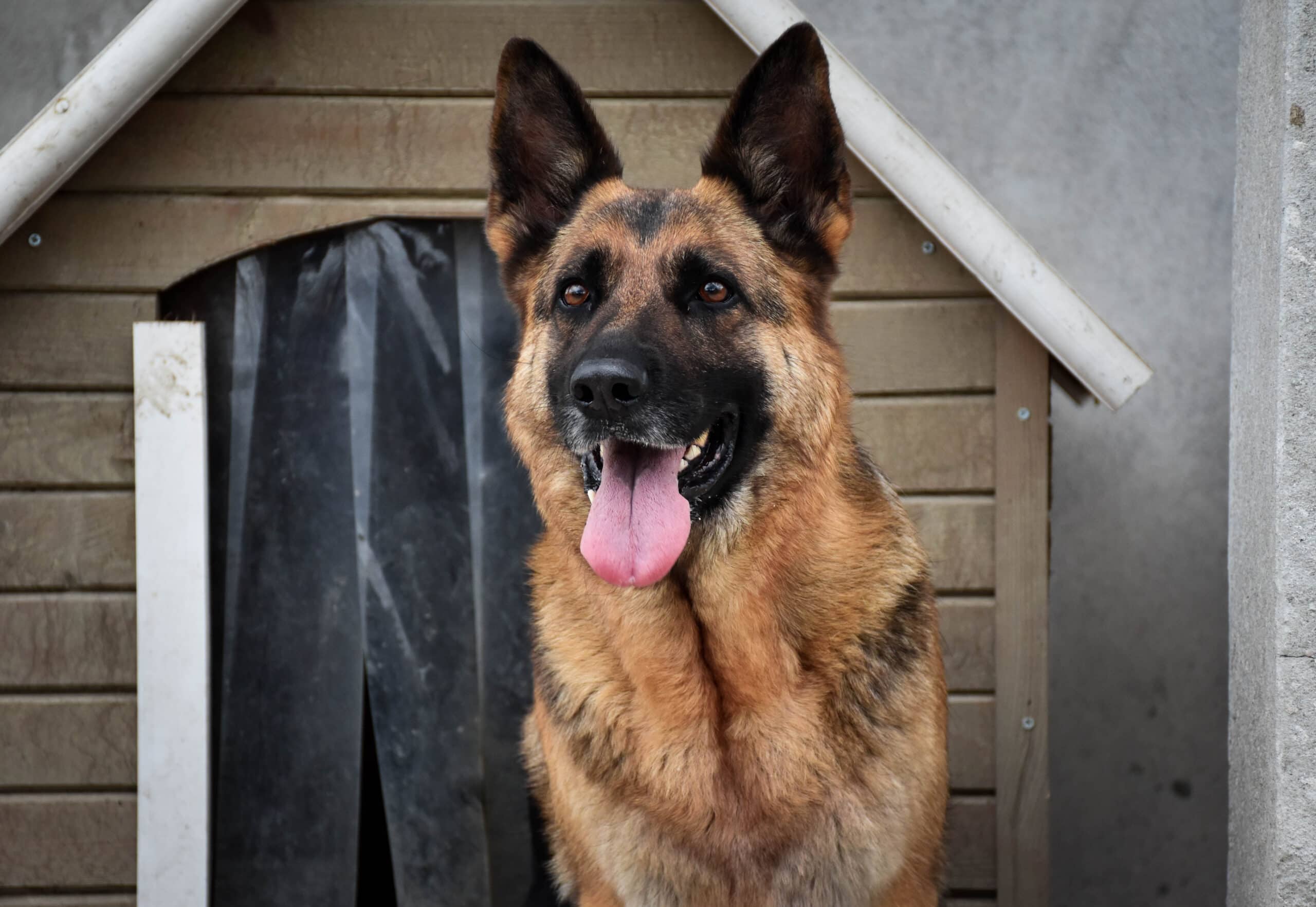Why German Shepherds Excel as Herding Dogs: A Comprehensive Examination
Introduction
German Shepherds, renowned for their intelligence, athleticism, and loyalty, have proven to be exceptional herding dogs for centuries. Their unique traits and abilities have made them invaluable partners for ranchers, farmers, and dog enthusiasts alike. This essay delves into the complexities of why German Shepherds make excellent herding dogs, exploring their historical background, innate characteristics, and the factors that contribute to their success in this demanding role.
Historical Origins and Development
German Shepherds originated in 1899 in Germany, bred from a combination of herding and working dogs. Captain Max von Stephanitz, a German army captain, sought to create a versatile breed that could excel in various tasks, including herding, guarding, and military service. By crossing different herding and working breeds, von Stephanitz developed a dog with exceptional intelligence, agility, and a strong work ethic. These traits laid the foundation for the German Shepherd's unparalleled ability as a herding dog.
Inherent Characteristics of German Shepherds
German Shepherds possess several inherent characteristics that make them ideal for herding. Their keen intelligence and trainability allow them to learn commands and adapt to different situations quickly. They are also highly observant and have an innate desire to please their handlers, making them receptive to guidance and instruction. Additionally, German Shepherds are energetic and athletic, capable of working tirelessly for extended periods in various terrains.
Physical Attributes and Abilities
German Shepherds' physical attributes also contribute to their herding prowess. Their muscular and agile build provides them with the strength and agility to control large herds effectively. Their dense, double-layered coats protect them from the elements and allow them to navigate challenging conditions. German Shepherds' distinctive bushy tails are not just a cosmetic feature but also serve as a valuable communication tool, helping them convey messages to both their handlers and the herd.
Role as Herding Companions
In herding situations, German Shepherds excel as both gathering and driving dogs. Their intelligence enables them to assess the situation and develop a strategy to move the herd in the desired direction. They are particularly skilled at gathering scattered livestock and bringing them together as a cohesive group. German Shepherds' strong work ethic and determination allow them to persist even in challenging situations, such as working with stubborn or unruly animals. Additionally, their ability to respond quickly to commands and adapt to changing circumstances makes them indispensable partners for herders.
Training and Development
While German Shepherds possess innate herding abilities, proper training is crucial to harnessing their potential fully. Training should begin at a young age, focusing on basic obedience commands and gradually introducing herding skills. Positive reinforcement and socialization are essential for fostering a strong bond between the dog and the handler and developing the dog's confidence and competence in herding situations. Regular practice and exposure to livestock are also vital for honing their skills and building their experience.
Perspectives and Ethical Considerations
While German Shepherds are highly effective herding dogs, there are differing perspectives on their role and ethical implications. Some argue that traditional herding methods involving physical coercion can be stressful or harmful to animals. Others maintain that well-trained and experienced herding dogs can effectively control livestock without causing undue distress. It is essential to approach herding with respect for animal welfare and to prioritize ethical practices and humane treatment.
Conclusion
German Shepherds have earned their reputation as exceptional herding dogs due to their intelligence, athleticism, and unwavering work ethic. Their inherent characteristics and physical attributes, combined with proper training and development, make them invaluable partners for herders. While perspectives on herding practices vary, it is crucial to prioritize animal welfare and ensure that these dogs are treated with respect and compassion. The German Shepherd's unique combination of traits and abilities continues to make them one of the most sought-after herding breeds in the world, showcasing the remarkable bond between humans and animals that has evolved over centuries.
The Funniest Things Pembroke Welsh Corgis Do
German Shepherds As Family Pets: What You Should Know
The Difference Between American Bobtails And Other Bobtail Breeds



